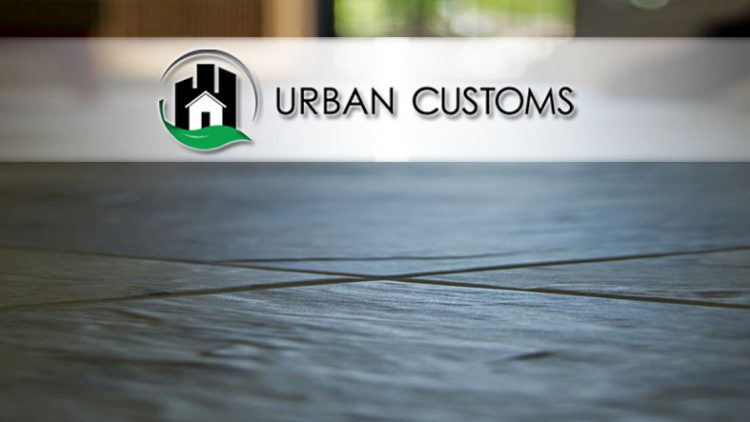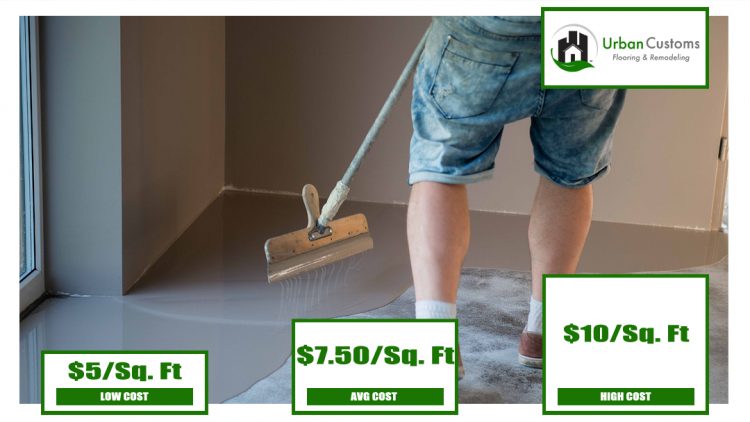Stone Flooring Costs 2025
In 2025, the cost of installing natural stone flooring varies based on the type of stone, project size, and labor involved. Here’s a breakdown of average costs:
Average Installation Costs:
- Total Project Cost: Ranges from $913 to $3,090, with an average of $1,971.
- Per Square Foot: Typically between $10 and $15, including materials and labor.
Cost by Stone Type:
- Granite:
- Per Square Foot: $5 to $15.
- Total Project: $400 to $5,000, depending on project size and detail.
- Marble:
- Per Square Foot: $5 to $30, varying by marble type.
- Total Project: $2,500 to $5,000.
- Travertine:
- Per Square Foot: $2 to $30, based on quality.
- Total Project: $600 to $3,200.
- Per Square Foot: $11 to $18, including materials and labor.
Additional Considerations:
- Material Quality: Higher-grade stones or rare varieties can increase costs.
- Labor Complexity: Intricate patterns or designs may raise labor expenses.
- Geographic Location: Regional labor rates and material availability can affect pricing.
For a precise estimate tailored to your project, it’s advisable to consult local flooring professionals who can assess your specific needs and provide detailed quotes.
Pro’s and Con’s of Stone Flooring
Pros of Stone Flooring
1. Durability
- Extremely strong and long-lasting.
- Resistant to wear and tear, making it ideal for high-traffic areas.
- Some stones, like granite, are scratch and chip-resistant.
2. Natural Beauty
- Offers a timeless and luxurious aesthetic.
- Each stone is unique, with variations in color, pattern, and texture.
- Enhances property value due to its high-end appearance.
3. Versatility
- Available in various types (marble, granite, slate, travertine, limestone) to suit different styles and preferences.
- Complements both modern and traditional decor.
4. Eco-Friendly
- Natural material that doesn’t involve synthetic processes.
- Long lifespan reduces the need for replacement, minimizing waste.
5. Easy Maintenance
- Stains and spills can often be cleaned with basic solutions, especially if sealed.
- Resistant to allergens like dust and mold, contributing to better indoor air quality.
6. Temperature Regulation
- Stays cool, making it ideal for warm climates.
- Retains heat when exposed to radiant heating systems in colder climates.
7. Water Resistance
- Many stones, when properly sealed, are highly resistant to water and moisture.
- Ideal for kitchens, bathrooms, and outdoor spaces.
Cons of Stone Flooring
1. High Cost
- Expensive upfront cost for materials and installation.
- High-end stones like marble can be particularly pricey.
2. Maintenance Requirements
- Many types of stone require periodic sealing to maintain their resistance to stains and moisture.
- Some stones, like marble, are more prone to scratching and staining if not maintained.
3. Cold and Hard Surface
- Can feel cold underfoot, especially in cooler climates without radiant heating.
- The hard surface may not be comfortable for standing over long periods or for children and elderly individuals.
4. Weight
- Heavy material may require reinforced subfloors, adding to installation complexity and cost.
5. Slippery When Wet
- Polished stones like marble can become slippery when wet, posing a safety risk.
6. Prone to Damage Without Proper Care
- Certain stones like travertine and limestone are softer and can chip or crack more easily.
- Acidic substances like vinegar or lemon juice can etch stones like marble or limestone.
7. Limited Comfort
- The hardness of stone makes it less forgiving for falls and more tiring for prolonged standing.
Check out Urban Customs’ full offerings right here.[/vc_column_text][/vc_column][/vc_row]
Considering Stone Flooring Installation In Phoenix, Arizona?
Urban Customs is Phoenix, Arizona’s premier natural stone flooring installer with the experience and knowledge necessary to make your flooring installation a breeze. Check out our flooring installation services.
Contact us today to speak to one of our flooring experts and find which natural stone tile will work best for your project.



